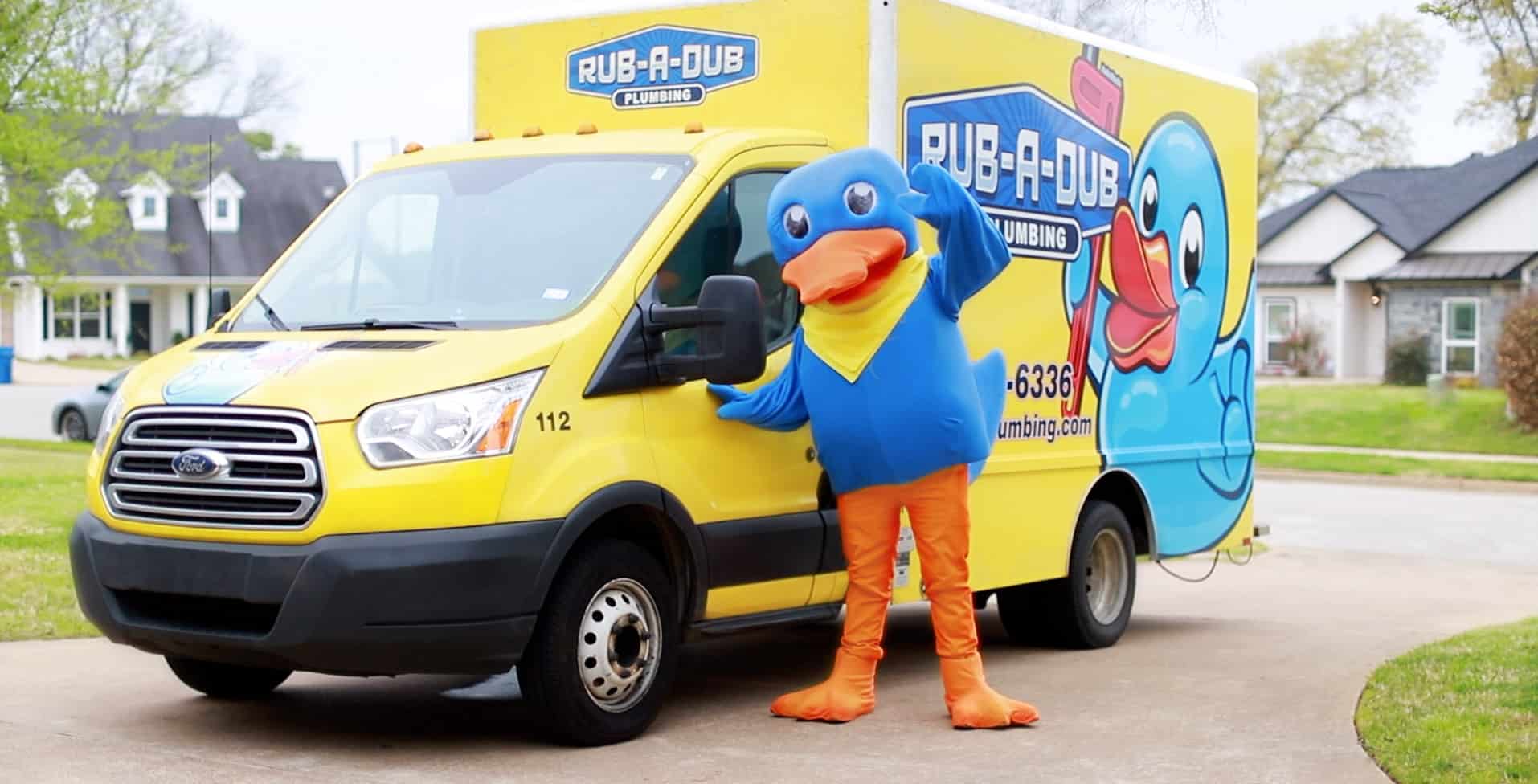TOO MUCH RAIN FOR YOUR DRAINS???
Ducks Like Water, but Plumbing Doesn’t Always Like Rain
How Rain Affects Plumbing: Understanding the Impact and Solutions
Rain, an essential component of our ecosystem, provides the much-needed water for plants, animals, and humans alike. However, while rain brings life, it can also bring a host of challenges, especially when it comes to plumbing systems. Whether it’s a light drizzle or a heavy downpour, understanding how rain affects plumbing is crucial for homeowners and property managers. Let’s explore the various ways rain impacts plumbing and what steps you can take to mitigate any potential problems.
Here are the problems that your pipes may have with too much water, but our #SqueakyClean Ducks can provide you with the right solution.
1. Increased Pressure on Drainage Systems
Heavy rainfall can overwhelm drainage systems, especially in areas prone to heavy storms. The sudden influx of water can lead to:
- Backups in Sewer Lines: Excessive rainwater can infiltrate sewer lines, causing them to back up into homes. This can result in unpleasant odors, contaminated water, and even damage to your property.
- Clogged Drains: Leaves, dirt, and debris can be washed into gutters and downspouts, eventually making their way into the drainage system. This can lead to clogs and reduced water flow.
SOLUTION: Regular maintenance of gutters, downspouts, and drains is essential. Installing a backwater valve can also prevent sewage from backing up into your home during heavy rains.
2. Foundation Shifts and Cracks
Rainwater can seep into the soil around your home’s foundation, causing it to expand and contract. Over time, this can lead to:
- Foundation Shifts: Significant rainfall can alter the soil’s consistency, leading to shifts in your home’s foundation. This can result in misaligned pipes and potential plumbing leaks.
- Cracks in the Foundation: Persistent exposure to water can cause cracks in the foundation, providing an entry point for water into your basement or crawl space.
SOLUTION: Ensure proper grading around your home to direct water away from the foundation. Installing a sump pump in the basement can also help manage excess water and prevent flooding.
3. Flooding and Water Damage
Heavy rain can lead to flooding, especially in low-lying areas or homes with poor drainage systems. This can cause significant water damage to your plumbing system, including:
- Burst Pipes: Floodwaters can put undue pressure on underground pipes, leading to bursts and leaks.
- Waterlogged Sewer Systems: Excessive water can overwhelm sewer systems, leading to backups and potential contamination.
SOLUTION: Invest in flood barriers and ensure that your home’s drainage system is adequate to handle heavy rains. Regularly inspect and maintain your plumbing system to identify and repair any weak points.
4. Soil Erosion
Rainwater runoff can cause soil erosion, which can negatively impact your plumbing system. Erosion can expose pipes, making them vulnerable to damage from external factors such as tree roots or physical impact.
SOLUTION: Planting ground cover or using mulch can help reduce soil erosion. Additionally, consider installing retaining walls to protect against significant runoff and erosion.
5. Tree Root Infiltration
Trees seek out water sources, and during heavy rains, their roots can extend towards your plumbing pipes in search of moisture. This can lead to:
- Root Intrusion: Tree roots can infiltrate and clog pipes, causing blockages and potential pipe damage.
- Cracked Pipes: As roots grow, they can crack or break pipes, leading to leaks and water damage.
SOLUTION: Regularly inspect your sewer lines and consider installing root barriers to prevent tree roots from infiltrating your plumbing system. If you have large trees near your sewer lines, schedule professional inspections to catch any potential issues early.
Drain vision inspections will provide knowledge and peace of mind. We are able to provide this service. Let us know how we can help. We do drain vision inspections, determine the health of the system and provide feedback. If there is an issue, we clear, clean and fix the pipe. We can dig up and replace the broken line, tunnel, or provide trenchless pipe repair, or cure in place piping and #Nuflow. (We’re your Only platinum certified contractors in the area.)
Be Proactive with these Preventative Measures for Homeowners
Taking proactive steps can save you time, money, and stress when it comes to plumbing issues caused by rain. Here are some preventative measures:
- Regular Inspections: Schedule regular inspections of your plumbing system to identify and address potential issues before they become major problems.
- Maintain Gutters and Downspouts: Keep gutters and downspouts clean and free of debris to ensure proper drainage away from your home.
- Install Flood Prevention Devices: Devices such as sump pumps, backwater valves, and flood barriers can help protect your home from water damage.
- Proper Landscaping: Ensure that your landscaping promotes proper drainage and prevents water from pooling near your foundation.
CONCLUSION
Rain is a natural part of our environment, but it doesn’t have to be a source of stress for homeowners. By understanding how rain affects plumbing and taking the necessary preventative measures, you can protect your home and ensure that your plumbing system remains in good working order. Regular maintenance, proper drainage, and proactive inspections are key to mitigating the impact of rain on your plumbing system.
Call #RubADubPlumbing for #SqueakyClean Service! (903)350-0412


